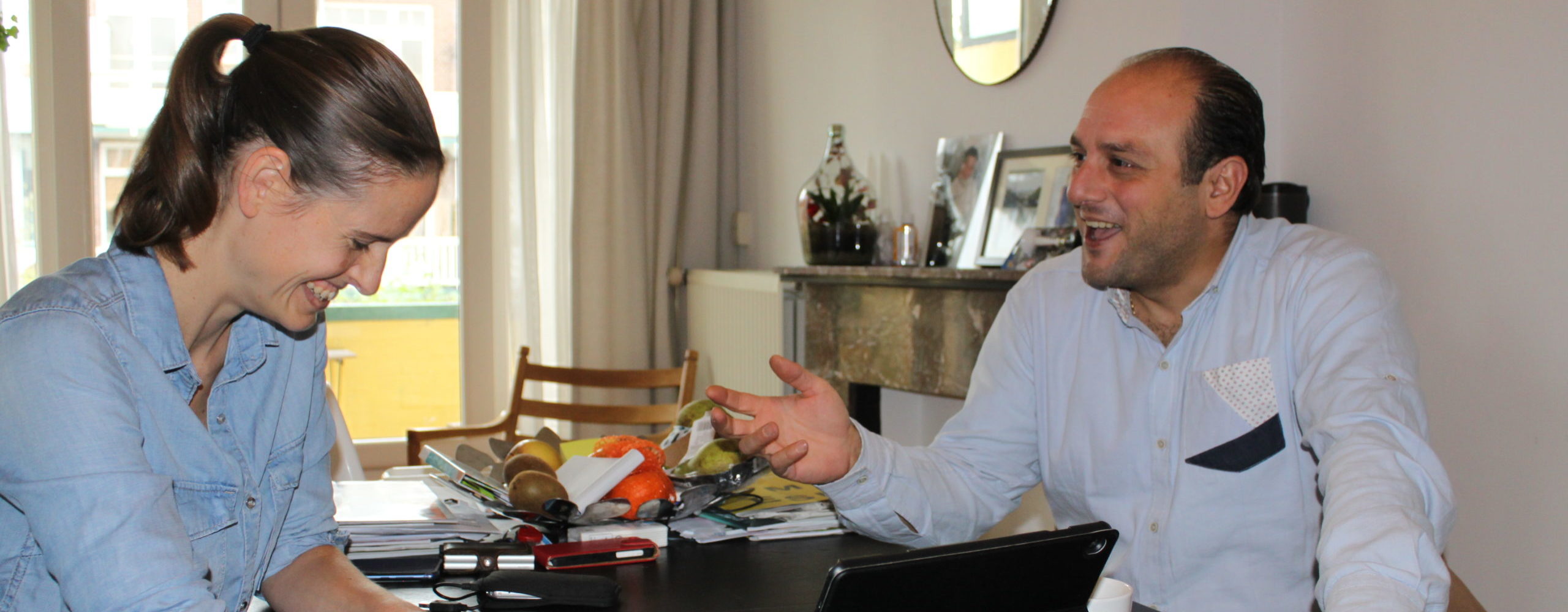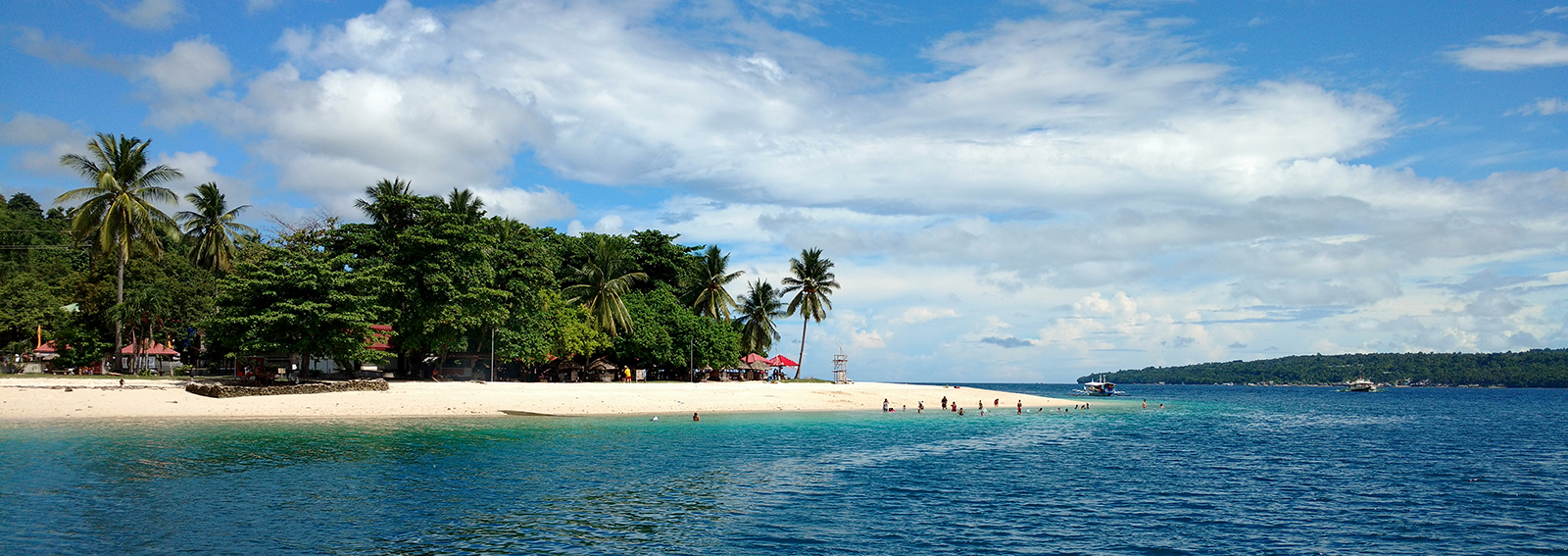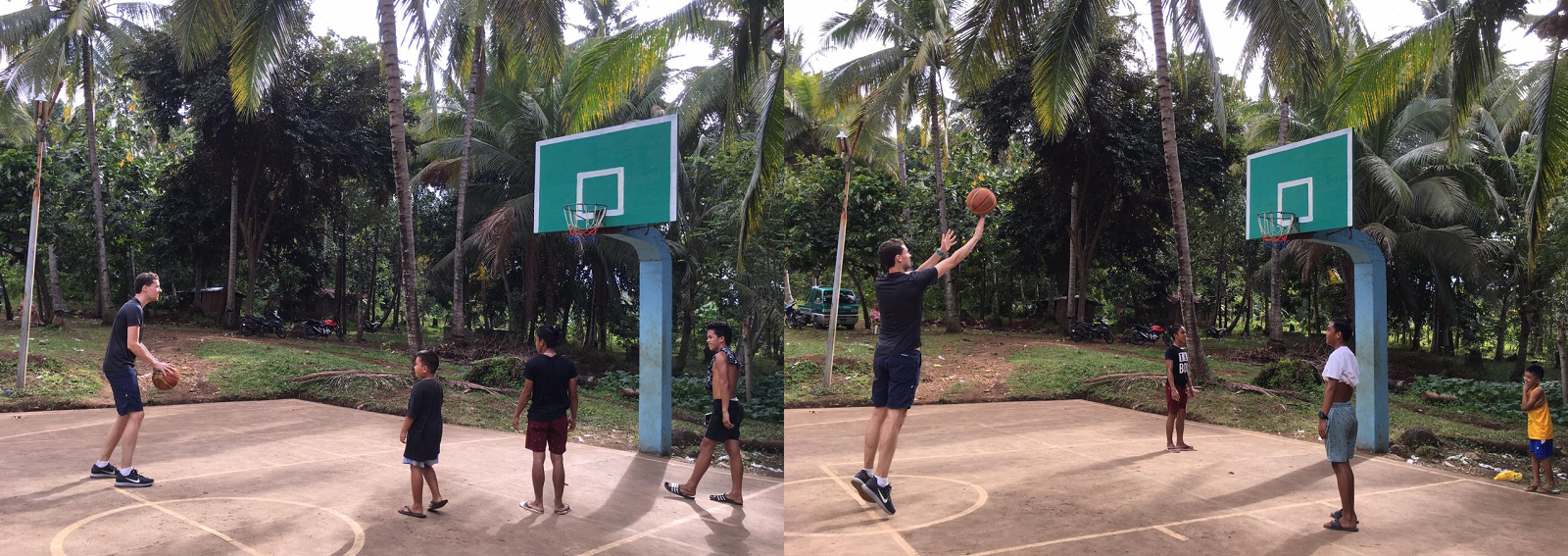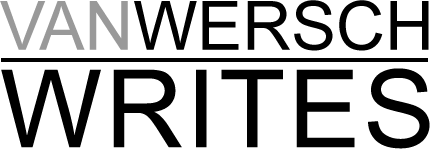Hannah Tutak (28) and I met for the interview at Treme Coffeehouse in New Orleans. We spoke for an hour and a half about her work as a registered nurse, the importance of volunteering, and dealing with family members with widely differing political views.
So Hannah, where did you grow up?
My family is from Long Island, New York, but I grew up in Florida, in a typical American middle class environment. My dad’s a teacher, my mom has worked a series of odd jobs. Growing up, I only understood conceptually how blessed I was. It was not until I started working as an AmeriCorps volunteer for a year with kids in New York City, that I realized the privilege I enjoyed was for many a distant reality. This experience also taught me that education and public health are two sides of the same coin. It was then, that I decided to go to nursing school.
The United States is coping with a severe nursing shortage. Why do you think that is?
After finishing nursing school at Louisiana Nicholls State University in 2012, I spent my first three years working in critical care. That’s a high stress job with a high burnout rate; most nurses only last for two years and a growing number experience symptoms of PTSD. The work is fulfilling, but it can clearly come at a price. I moved on to surgical care, because I wanted more flexibility to combine work with volunteering. I now volunteer at least ten hours a week in my community.

What are some of the projects you have been involved in?
As part of the Medical Reserve in New Orleans – made up of doctors, medical students, social workers and others – I help register residents who need assistance in the event of a mandatory evacuation that might occur in a major hurricane. We sometimes open up temporary shelters as well and we provide medical services during events big and small in the city.
People in the U.S. are among the most likely in the world to volunteer their time. At face value, that’s a good thing. However, some argue it’s symptomatic of a dysfunctional society. What’s your view?
By and large, Americans live by JFK’s 1961 inaugural address statement: “Ask not what your country can do for you, but what you can do for your country”. That’s true across all political spectrums. We are a country built on the philosophy that democratic society requires the people’s participation and hard work. Volunteering is the purest form of democracy, because you literally use your hands to bring about change and make a difference in the lives of others, especially those who are disenfranchised. I firmly believe that those who are privileged, like me, have a responsibility to fight for equality. Unfortunately, many Americans take offense when called out on their fortunate circumstances. I hope that’s a generational thing.
Equality and compassion are not at the top of every politician’s list. What can ordinary citizens do to address this vacuum?
The three most important things are education, voting and running for office. If you’re educated, you are better able to separate facts from folly, an important skill to possess in a Trump America full of fake news. You are also more likely to make informed decisions on who to vote for. The vote is an amazing power to have. It is the great equalizer. In Louisiana, for instance, we elect our circuit judges. You have a say in the judge that may end up hearing your case if you find yourself in court. Lastly, you could pursue elected office yourself. I think more people in their late twenties, early thirties should do so.
You’ve talked about how your worldview is at odds with that of your family’s. Most of your extended family members voted for Trump. Has that affected your relationship with them?
Yes, I do think it has had an impact, but not just their voting for Trump. My dad’s a history major and a teacher. He taught me a lot about the world growing up. As I got older, I did my own research and formed opinions of my own. I felt betrayed by the history I had been taught as a kid. I remember, after 9/11, my primary emotion was anger at not being able to help the victims. My family also felt anger, but theirs was directed at Islam. From their point of view, 9/11 was about Muslims getting their revenge for defeats they suffered during the crusades. I love my dad and I know he’s genuinely proud of me, but I was sold fake history.
What are the main reasons you think many of your relatives voted for Trump?
Their reasons for voting for Trump can all be traced back to worries about security and the economy. My uncle, for instance feels that heroin users should be severely punished. The problem is that, in his profession, his only interaction with users is through crime. Being part of the privileged middle class, it’s difficult for him to separate drugs from crime, and to appreciate the deeper layer of inequality and injustice that has often led to them becoming addicted.
My aunt runs an employment agency for temps. As a result of regulations implemented during the Obama administration, she’s had to take on health care costs for the temps that she places at her clients’ companies. This cuts into her profits and therefore feeds into her belief that she’s been living under oppressive rule for the last eight years, despite the fact that nothing about her lifestyle has changed.
Which misconception do you think poses the greatest threat to healing the divide in your country?
Like my family, lots of people in the U.S. are afraid that something will be taken away from them. That there is not enough to go around. It’s sad to see how that fear creates second-class citizens. It’s disheartening to witness how incomprehension and blinding privilege perpetuates and compounds the problems of the disenfranchised. The truth is that there is enough wealth to go around. That’s the promise of America, the promise of hope. But it’s something we can never stop working at.









Een prachtig artikel, dat op basis van to the point vragen inzicht geeft in de denkwereld van de geïnterviewde en haar directe familie.
That’s a great interview with Hannah, Patrick. Very inspiring!
Heel interessant om te lezen wat de beweegredenen van haar familieleden zijn om achter Trump te staan. Moet moeilijk voor Hannah zijn. Maar knap hoe ze toch blijft staan achter haar eigen visie.
Insightful interview in the how and why of political division of America and a hope to fix it.